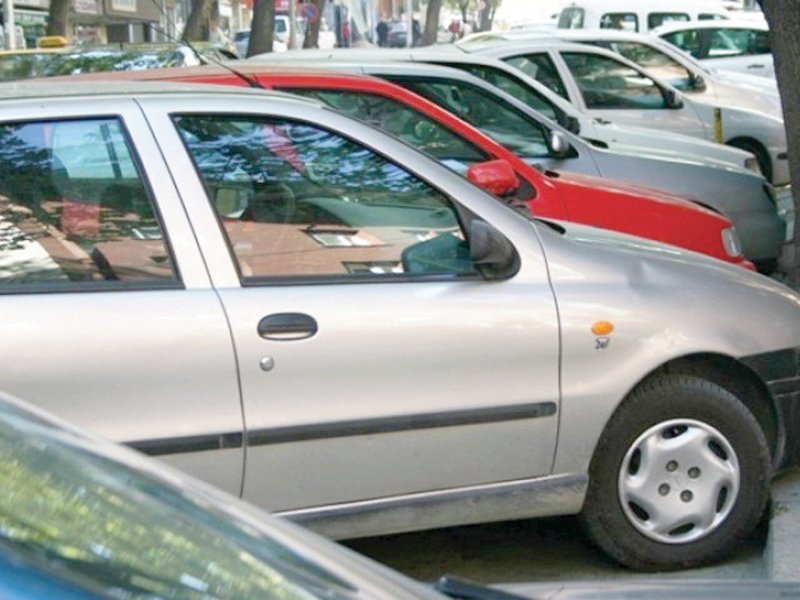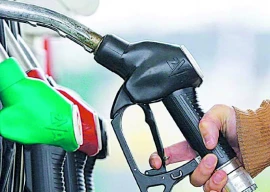
The government is in the process of framing a new auto policy that is expected to open up the market for new players and break the monopoly of existing car manufacturers.
It is facing a stiff resistance from the local manufacturers, who have intensified lobbying for a blanket ban on the import of used cars and are resisting a reduction in duties on the import of auto parts to keep their grip on the domestic market.
Will the government give in to the influence of local carmakers and dealers or bring a policy to maintain balance between the interests of consumers and investors is a question mark.
At present, the Competition Commission of Pakistan (CCP) is busy finalising an assessment study on the automobile sector and is dealing with a case alleging formation of a cartel by the car dealers. Experts suggest that the government should wait for the completion of the study and the outcome of the case as these will help in coming up with a neutral policy.
Contrary to the stance of carmakers, the government wants to ease conditions for the entry of new car producers and also desires to cut duties on auto part imports in an attempt to create competition and control prices. At present, three car manufacturers are dominating the market.
Economic managers of the Pakistan Muslim League-Nawaz (PML-N) government, in a meeting of the Economic Coordination Committee (ECC) held on October 2, 2013, had suggested that tariff protection could be given for five to seven years to new entrants in the automobile industry in order to break the monopoly of existing players, who were selling obsolete technology at high prices.
Entry restrictions
While conducting the study, the CCP is grappling with the issues of monopoly in the domestic auto market and hurdles in the way of new players.
The antitrust watchdog is seeking comments from all stakeholders before finalising the Competition Impact Assessment Study of the Automobile Sector.
In the initial draft, the CCP has strongly recommended the commercial import of used cars, end to the discretionary control of the Engineering Development Board over the automobile industry and scaling down of the protection enjoyed by the local industry to encourage foreign competition for the benefit of consumers.
However, the study has upset the local players, who have sought help from Commerce Minister Khurram Dastgir, stressing that the CCP should remove the study from its website, which has been placed there to seek inputs of different stakeholders.
The CCP is of the view that the government has not played its role in opening the car market to shield the interests of consumers. It points out that the government has a flawed policy in relation to car imports as it allowed import of five-year-old used cars and sometimes reduced the age to three years.
The market should be opened for imports to end the monopoly of local car manufacturers and dealers, the regulator says.
Dealers’ monopoly
Separately, the CCP is going to end the hearing in the case pertaining to the formation of a cartel allegedly by the auto motors dealers association.
A senior CCP official said the regulator took notice after receiving complaints that dealers of three car manufacturers had fixed the same rates of vehicles and left no choice for the consumers.
The regulator also noticed that the car manufacturers had an agreement under which they did not hire human resource of each other. It is likely that the CCP will issue its order this month.
On its part, the Federal Board of Revenue (FBR) has pointed out that the incentives given to the local car manufacturers had not led to growth in the sector. Rather, five companies have left the country and the market has been captured by three manufacturers. The FBR wants a smooth import of used cars to enhance its revenues through duties and taxes.
However, the Pakistan Association of Automotive Parts and Accessories Manufacturers (Paapam) has dismissed the CCP’s findings, arguing it does not understand the dynamics of Pakistan’s auto industry and the huge investment that has already been made.
When the final CCP study comes out, it would have comments from all stakeholders. It will be better for the government to frame such a policy that safeguards the interests of consumers and market players alike. Otherwise, there will be no significant change in the market environment.
The writer is a staff correspondent
Published in The Express Tribune, February 9th, 2015.
Like Business on Facebook, follow @TribuneBiz on Twitter to stay informed and join in the conversation.



1723032398-0/BeFunky-collage-(36)1723032398-0-165x106.webp)













COMMENTS (8)
Comments are moderated and generally will be posted if they are on-topic and not abusive.
For more information, please see our Comments FAQ